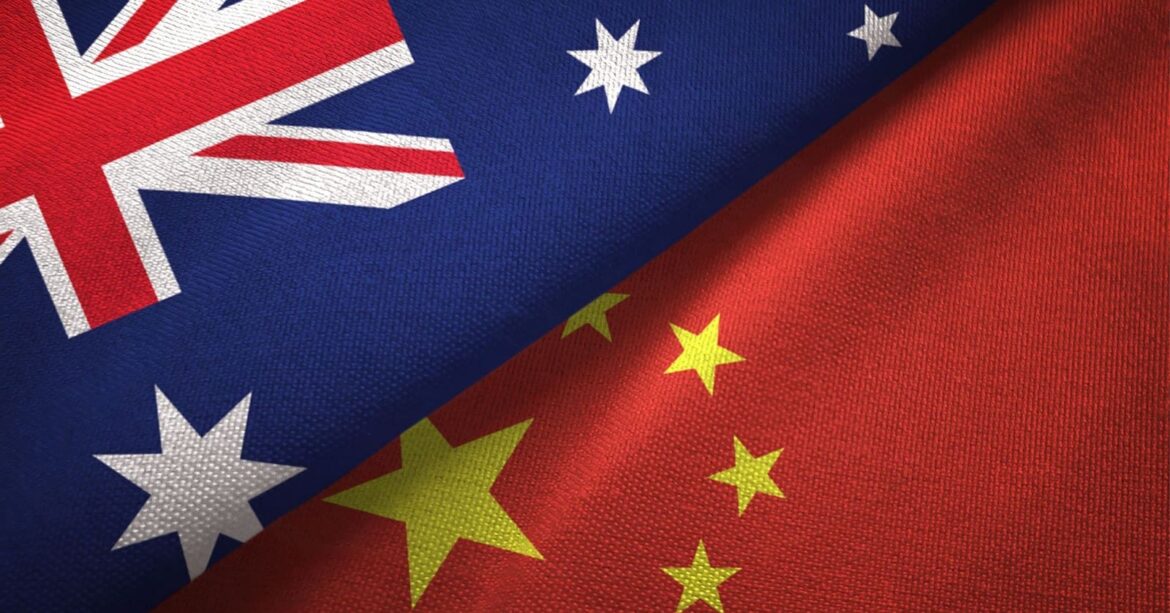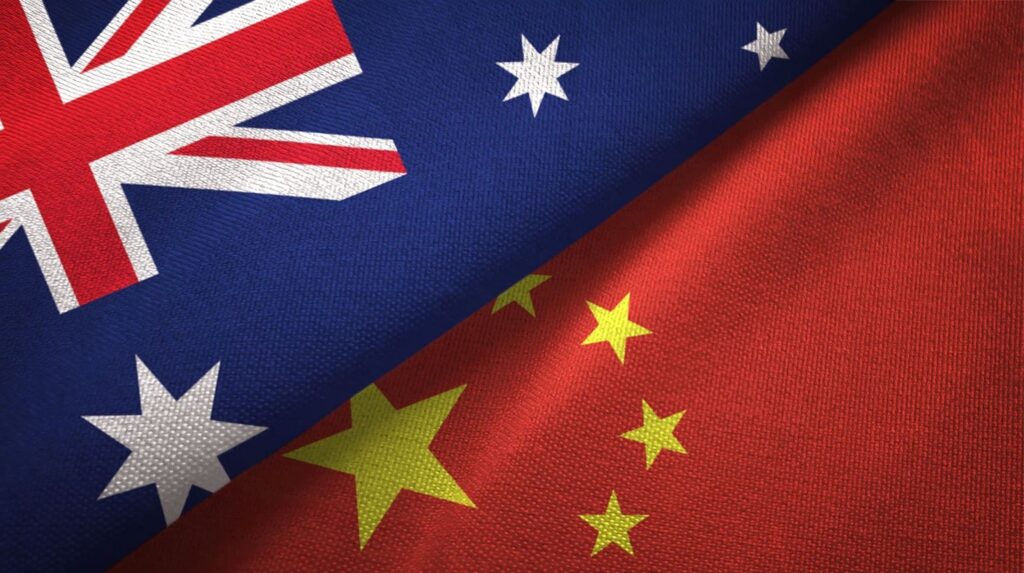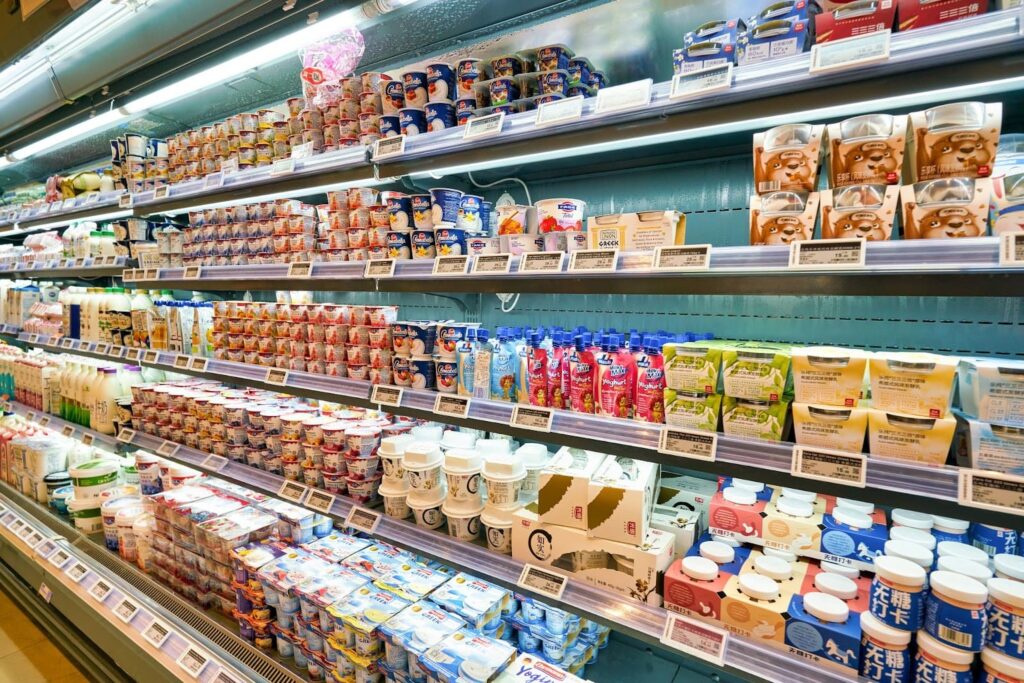China is Still the Biggest Importer of Australian Dairy Produce
Despite the challenges of the pandemic, and issues with relations between the two countries, China remains the biggest importer of dairy produce from Australia. In 2021, 400,000 litres of dairy produce were shipped to the country from Australia.
In the year to October 2021, the value of these exports was $842 million. This represented a 45% increase on the same period for 2020 when export figures for the entire year were $716 million, equating to 28% of total Australian dairy exports. These are record figures that reflect China’s increased demand for dairy produce overall.
Key points
- China is the biggest importer of dairy produce from Australia.
- In 2021, 400,000 litres of dairy produce were shipped to China from Australia.
- Record figures for dairy exports to China are being reached despite frosty relations with attempts currently being made to improve the Sino-Australian relationship.
- Australia is also working to enhance other dairy produce export markets including Indonesia, the European Union, and Chile.
China’s appetite for dairy fuelling export demand
The biggest reason for the increase in demand for dairy in China is the health factor. The official line in the country is that individuals should include more dairy in their diets. The effect of this advice, coupled with a rebounding economy, has led to a higher demand for dairy.
It’s also interesting to note that, in the export market, a lot of this demand has been for powdered milk. This is because China’s own milk production sector has been drawn towards meeting the demand for fresh produce. In the case of exports from Australia, milk powder makes up around 38% of total dairy produce trade to China.
This increased demand from China is good news as is the opportunity for Australia to become an even bigger dairy exporter to the country. Right now, even though Australia’s biggest dairy produce importer is China, these imports only amount to around 5% of China’s total dairy produce imports.
So, there is plenty of room for growth, especially as relations between Australia and China seem to be thawing.
Sino-Australian political tensions could be easing
The political relationship between China and Australia has been severely strained in recent years resulting in trade tensions. Australia’s concerns about the origins of COVID-19, threats to Hong Kong’s autonomy, and the oppression of the Uyghur people in China, have led to a frosty and difficult environment.
However, changes are starting to happen. Recently, Australia’s new deputy prime minister, Richard Marles had a meeting with China’s defence minister, Wei Fenghe. This was the first meeting of its kind between officials from the countries since 2019.
There is still some way to go to make big improvements to relations, but the talks were said to be constructive and honest. There is also an appetite on both sides to make changes to improve areas such as trade.
These positive factors have the potential to further increase dairy exports from Australia to China. However, Australian dairy industry experts know that it’s important to make significant efforts in other international markets as well.
Other markets are vital
Although China is the major importer of dairy produce from Australia, other markets also feature. In 2021, Japan imported more than $370 million worth of Australian dairy while imports by Indonesia amounted to around $256 million.
Australia is attempting to further enhance trade with Indonesia with both sides meeting to discuss this and with dairy a potential beneficiary.
There are other markets where increases in dairy produce trade could be achieved. For example, although Australian dairy imports from the European Union are significant, there is less traffic the other way. Currently, efforts are being made to agree a free trade deal that would improve this situation.
The dairy industry in Australia is also keen to explore more novel potential markets such as Chile in South America where there is an appetite for increasing dairy produce imports.
Experts realise that it’s important not to concentrate all efforts on one market but to work on agreeing deals with other countries as well as further enhancing the position with China.
3 - 3Shares



